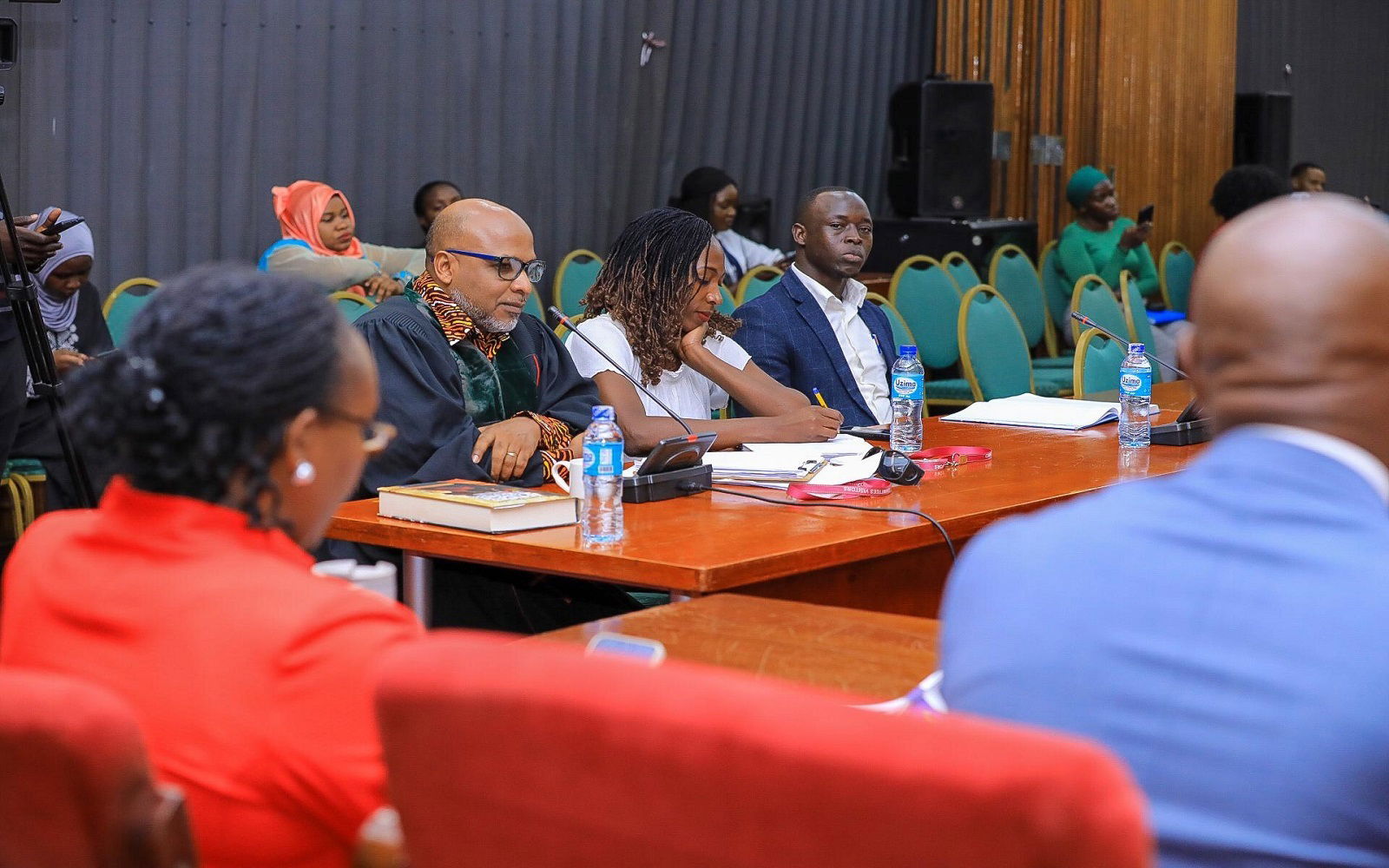Pastor Martin Ssempa Pushes for Legalisation of Polygamy in Uganda's Marriage Bill
Controversial pastor and outspoken social activist Pr. Martin Ssempa has reignited debate over Uganda’s marriage laws by calling for the legalization of polygamy for Christians, the criminalization of adultery, and the enforcement of conjugal obligations within marriage.
While presenting his views before the Parliamentary Committees on Legal and Parliamentary Affairs and Gender, Labour and Social Development on Thursday, Pastor Ssempa argued that Uganda's legal framework on marriage fails to reflect the realities within Christian communities.
“The current laws only recognise monogamy as the legitimate form of Christian marriage, yet there are many good Christians in polygamous marriages,” Ssempa said.
“We must recognise polygamy as an arrangement for the Christian community. Why do we have to separate families or break down marriages for people to be called Christians?”
Pastor Ssempa, the leader of Makerere Community Church, is known for his conservative views and controversial public stances on social issues.
However, his recent proposal to amend the Marriage Bill, 2024 to accommodate polygamy in Christian marriages has sparked significant debate within the parliamentary committees.
The Marriage Bill, 2024, currently under review, seeks to reform, repeal, and consolidate Uganda’s legal framework governing marriage, providing clear guidelines on recognised marriages, separation, and dissolution. Ssempa's proposals—particularly regarding polygamy—have drawn criticism from lawmakers who question the biblical basis for such changes.
“Can you give us a scripture in the New Testament that allows Christians to have more than one wife?” asked Hon. Laura Kanushu, Deputy Chairperson of the Committee on Gender, Labour and Social Development.

Sempa (2nd L) while presenting his views during the committee meeting
“Why do you want to introduce polygamy into the Christian community when there are other forms of marriage, such as customary and Islamic, which are already potentially polygamous?”
Despite the opposition, Ssempa insisted that many of his fellow pastors privately support his stance but fear public backlash.
“We cannot say that those who marry more than one wife cannot be called Christians,” he emphasized.
In addition to his polygamy proposal, Pastor Ssempa urged Parliament to criminalize adultery, calling it an unregulated offense that contributes to the breakdown of marriages.
“We are lawless around the area of dissolving domestic disputes, especially adultery. We cannot have a law on marriage without a clause on adultery to safeguard the covenant,” Ssempa argued.
Further, the pastor advocated for stricter regulations on conjugal obligations within marriage. He praised a provision in the bill that states failure to consummate a marriage within six months renders it void, but called for more explicit laws on conjugal duties.
Ssempa proposed a minimum requirement of three times a week for couples to engage in sexual relations, claiming that the denial of conjugal rights is a major cause of domestic violence and marriage dissolution. “Denial of sex in marriage is a serious matter wrecking families, yet it is not currently provided for in the law,” he said.
However, MPs expressed concerns over the potential overreach of such legislation. Hon. Stephen Bakka Mugabi, Chairperson of the Committee on Legal and Parliamentary Affairs, questioned the practicality and ethical implications of regulating intimate aspects of marriage.“Are we not over-legislating for the state to enter into people’s bedrooms?” Mugabi asked.
“Is the number of times proposed for couples to honor conjugal rights really necessary in law?”
The Marriage Bill, 2024, is seen as a critical step toward modernising Uganda’s marriage laws, balancing traditional, religious, and contemporary views on family and relationships. While Ssempa’s proposals highlight a segment of public opinion, they also expose deep divisions over how far the law should go in regulating personal and religious matters.The committees are expected to continue reviewing submissions from various stakeholders before presenting their final recommendations to Parliament.
As debates around the bill intensify, it remains to be seen whether Ssempa’s proposals will gain traction or face rejection from lawmakers and the public alike.
Join the Daily West Nile WhatsApp group now to never miss an update from us.Download Host Media Now from the Play Store to watch HostTV, listen to Host Radio